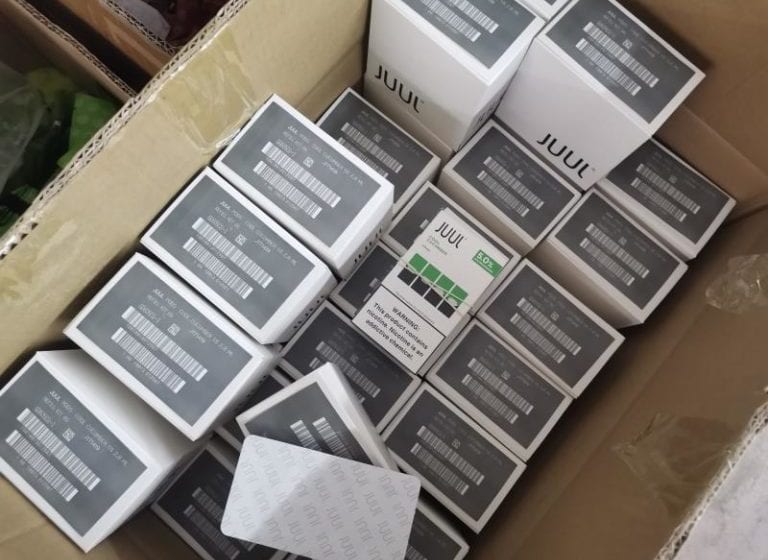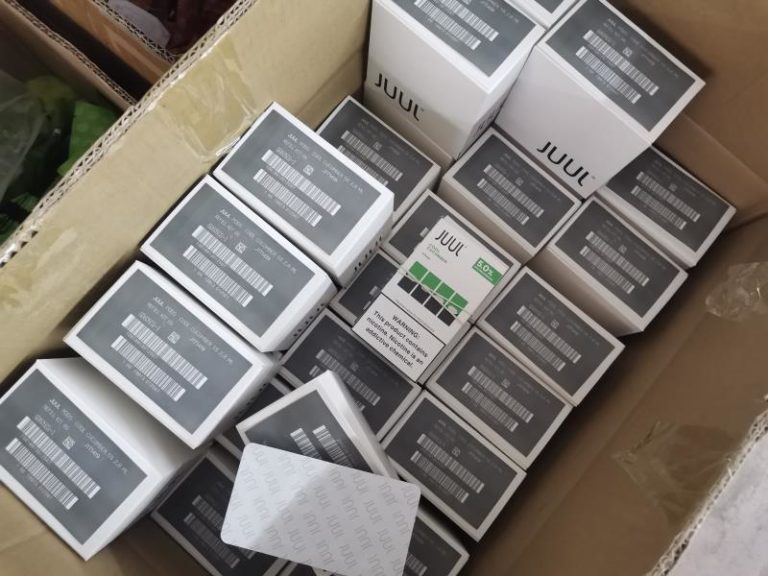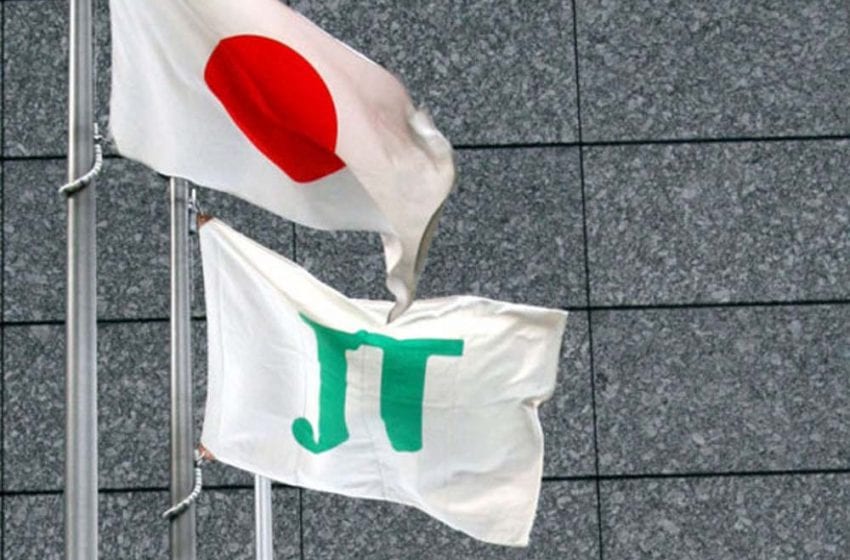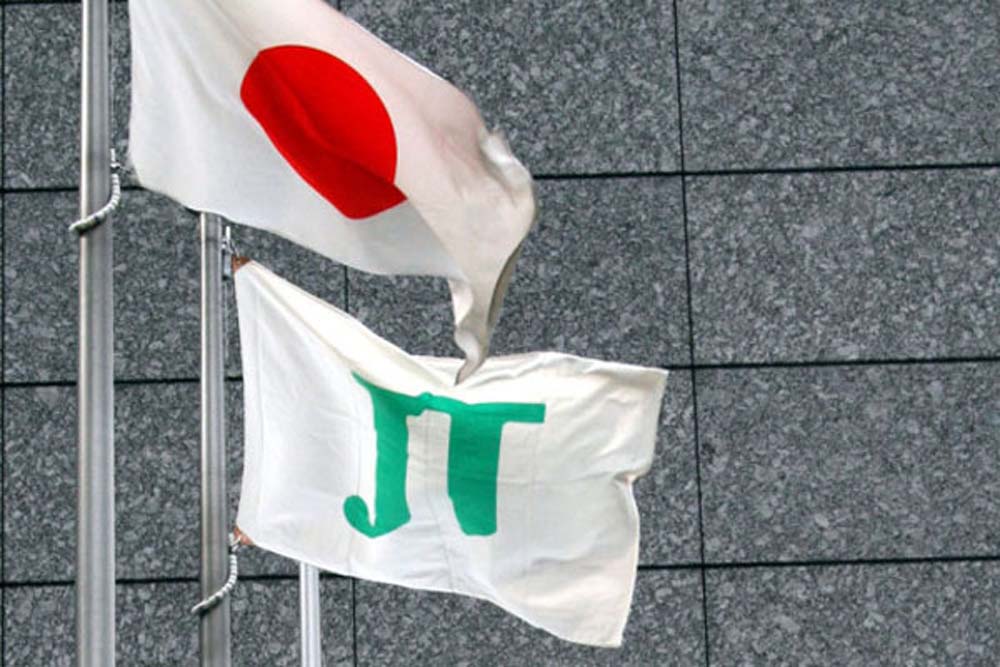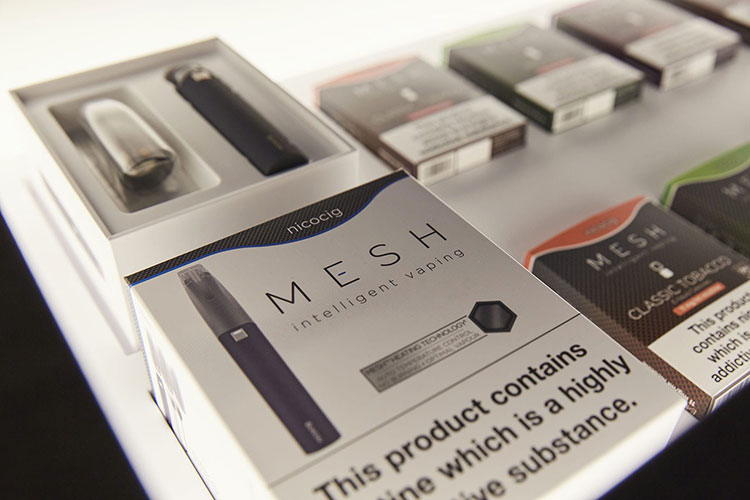
Imperial Brands has appointed Lukas Paravicini as chief financial officer effective Aug. 5, 2021, or at an earlier date to be announced. Paravicini is currently chief financial officer of agricultural commodities and brokerage group ED&F Man Holdings. He will succeed Oliver Tant, who announced his retirement last year.
Paravicini will step down from the board upon Paravicini’s appointment and leave the business following an orderly handover.
“I am delighted to welcome Lukas to the business,” said Imperial Brands CEO Stefan Bomhard in a statement. “He is a disciplined, results-oriented leader with a proven track record in international consumer goods companies. As well as his impeccable finance credentials, Lukas has considerable operational experience as well as expertise in driving transformational change including in global shared services in large international organizations. These qualities will be invaluable to Imperial as we implement our new strategy. I would like to thank Oliver for his support since I joined Imperial and for his contribution to the business during his seven-year tenure.”
“I am delighted to be joining Imperial at such an exciting time,” said Paravicini. “I look forward to supporting the new strategic direction and working with the board and my new colleagues to strengthen performance and enhance shareholder value.”
Before joining ED&F Man Holdings, Paravicini held senior positions at Fonterra, a New Zealand and Australia listed cooperative and the world’s largest dairy exporter with sales in 130 countries. He was chief financial officer from 2013 to 2017 and chief operating officer of global consumer and foodservice business from 2017 to 2018. Prior to that, he spent 22 years with Nestle in various senior finance and general management roles, working in South America and latterly in Switzerland for Nestle Professional, the food service arm of Nestle, first as chief financial officer and then as vice president and general manager of Europe.












